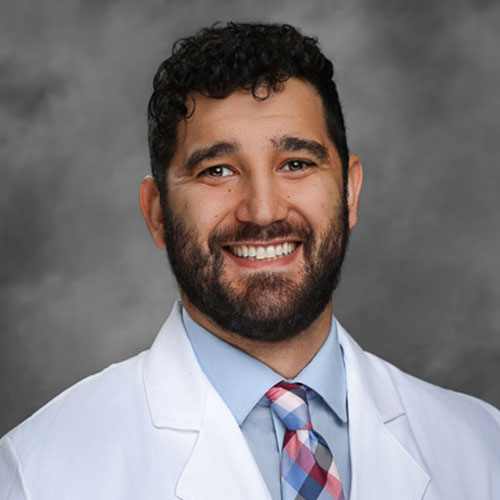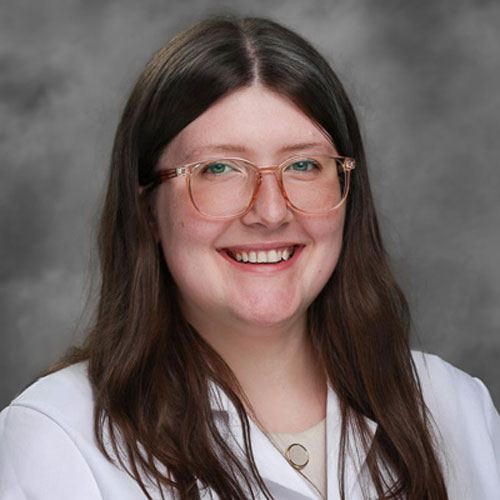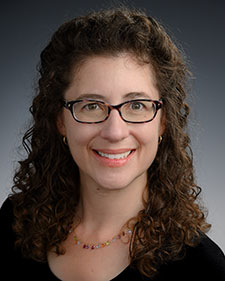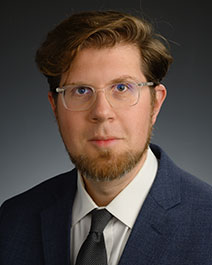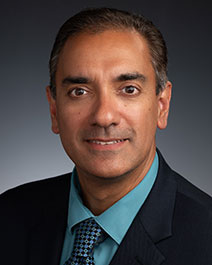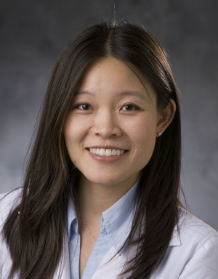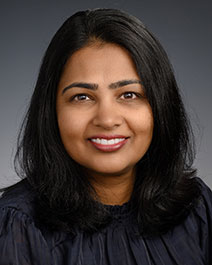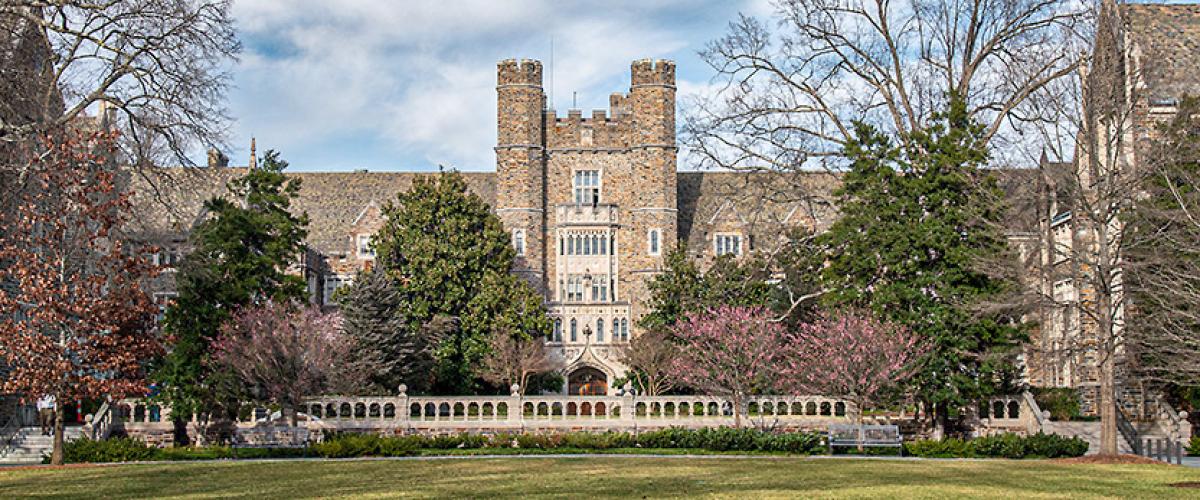
The Cytopathology fellowship at Duke is a one-year ACGME-accredited fellowship. It is a fast-paced program with comprehensive exposure to a range of cases and procedure types. We welcome up to two fellows to the team annually. Fellows rotate on the core cytology service for 10 months, which includes Fine Needle Aspiration (FNA); Rapid On-Site Evaluation (ROSE); and exfoliative cytology. They have two months of electives.
Our program has an established FNA clinic at the Duke Cancer Institute, where fellows learn to perform both palpable and ultrasound-guided FNAs. Fellows can expect to perform over 100 FNAs during their fellowship year. Learning ROSE is an integral part of becoming a cytopathologist, as it is requested on many cases performed by bronchoscopy, endoscopy, Computed Tomography (CT)/Ultrasound (US) and interventional radiology. We have a strong group of cytotechnologists, who cover many of these cases, but fellows rotate at different hospital sites a few days per month. They initially work with the cytotechnologist or cytology faculty, then assume more responsibility as they gain experience throughout the fellowship.
In addition to becoming proficient at performing and evaluating FNAs, and evaluating ROSE immediate assessments of image-guided procedures, fellows have another advantage of learning from our busy fluid and pap (exfoliative) Cytology service. Fellows are taught by our excellent group of Cytopathology faculty. Additionally, fellows learn about patient safety, quality improvement and lab management. There is ample opportunity for teaching both within and outside of the Pathology Department. We encourage and support participation in national scientific meetings and clinical research projects. The Division of Cytopathology accesses over 24,000 gynecologic cases, 5,000 non-gynecologic cases, and 3,300 FNA cases annually.
Mission
To contribute to the future of cytopathology through excellence, patient-centered care, and evidence-based practice.
Program Aims
Upon completion of the training program, trainees will be able to:
- Be adaptive, life-long learners capable of practicing Cytopathology in a variety of practice settings (academic, community practice, or industry/corporate laboratory)
- Provide excellent patient-centered care using evidence-based medicine
- Perform palpable and ultrasound-guided fine needle aspiration biopsies competently
- Serve in a leadership role on inter-professional diagnostic cytopathology teams
- Have the skills necessary to function as a Cytopathology Laboratory Medical Director
Stipends
Commensurate with the year of postgraduate training.
How to Apply
Submit the following requested documents:
- College of American Pathologists Standardized Application for Pathology Fellowships with signature (Click here for application)
- Personal statement
- Curriculum Vitae
- Cover Letter
- ECFMG certificate (if applicable)
- Copies of USMLE/COMLEX transcripts
- Three letters of recommendation addressed to Dr. Rachel Factor (including one from residency Program Director)
Email your application package to Program Coordinator Brittany Harris.
Application Timeline
We have filled our fellowship spots for 2026-2027 and 2027-2028.
Eligibility Requirements:
Applicants must have completed an ACGME-accredited pathology residency program and be Board Certified or eligible in AP/CP or AP.
Types and Numbers of Appointments: Two positions annually.
Selective Service System Registration:
-
All male applicants (as determined by gender assigned at birth for purposes of this requirement) who are US citizens or immigrants must have registered with the Selective Service System within 30 days of their 18th birthday, or arrival date into the USA. Individuals are eligible to register until the age of 26. Failure to register is a violation of federal law, and can face significant penalties, including loss of eligibility for citizenship for immigrants. Individuals who have not registered are not eligible for a variety of benefits including federal student aid, federal job training, and any job in the Executive Branch of the government (e.g. VA, Medicare, federal prisons), and are not allowed to work in federal facilities even as a resident or fellow.
-
We do not currently have an elective at a VA hospital. However, for potential future employment, selective service registration would be required. Additional details can be found here.
Links Pertaining to Eligibility Requirements
American Board of Pathology:
Duke GME:
ECFMG:
North Carolina Medical Board:
